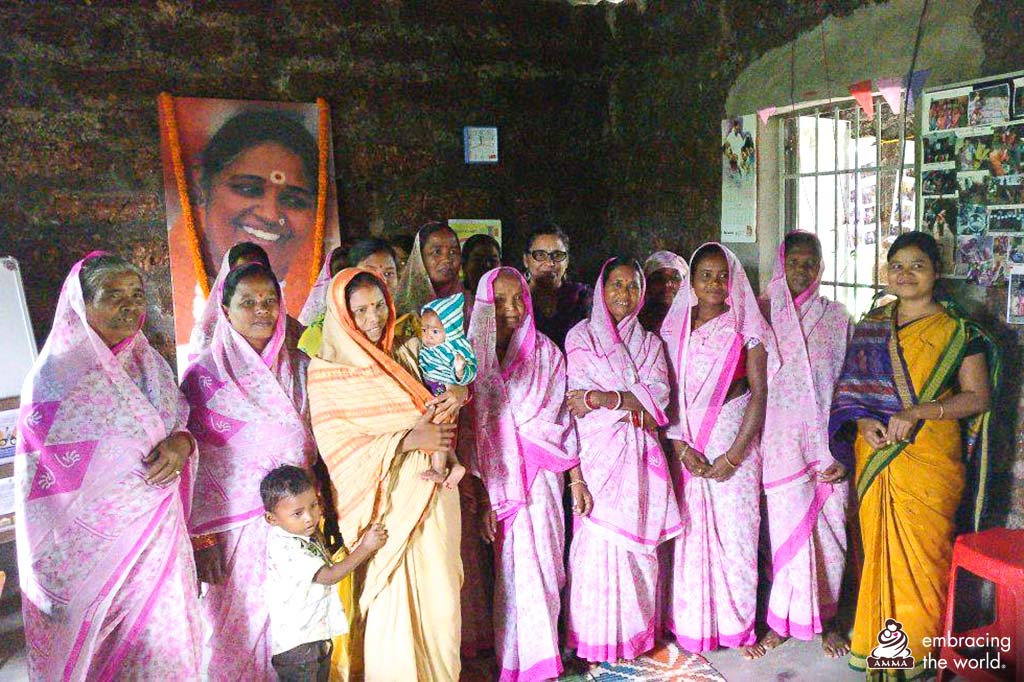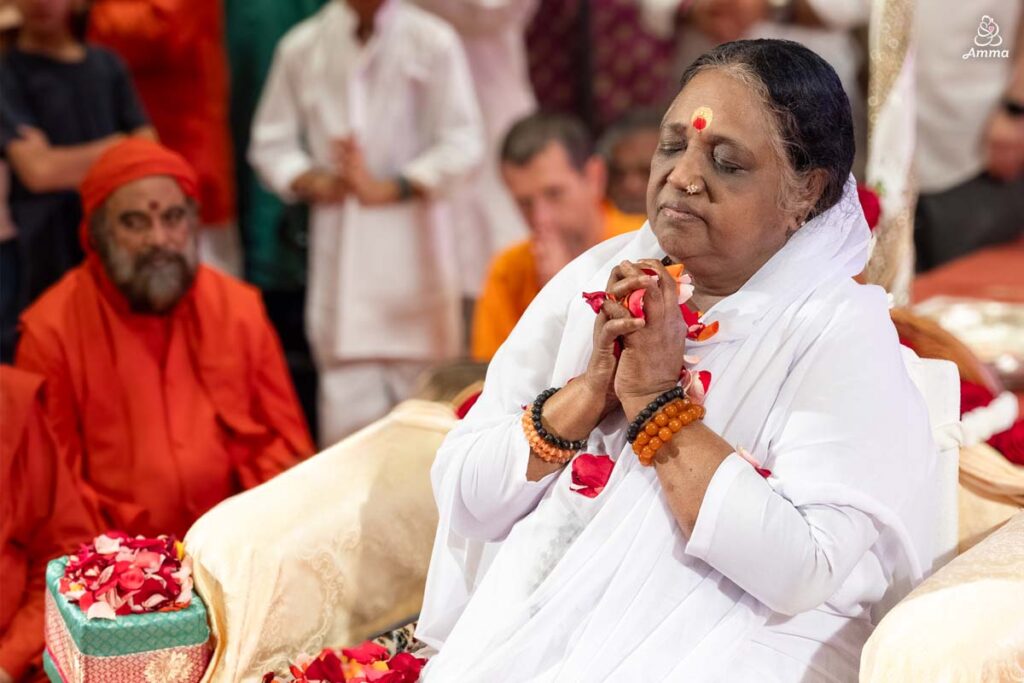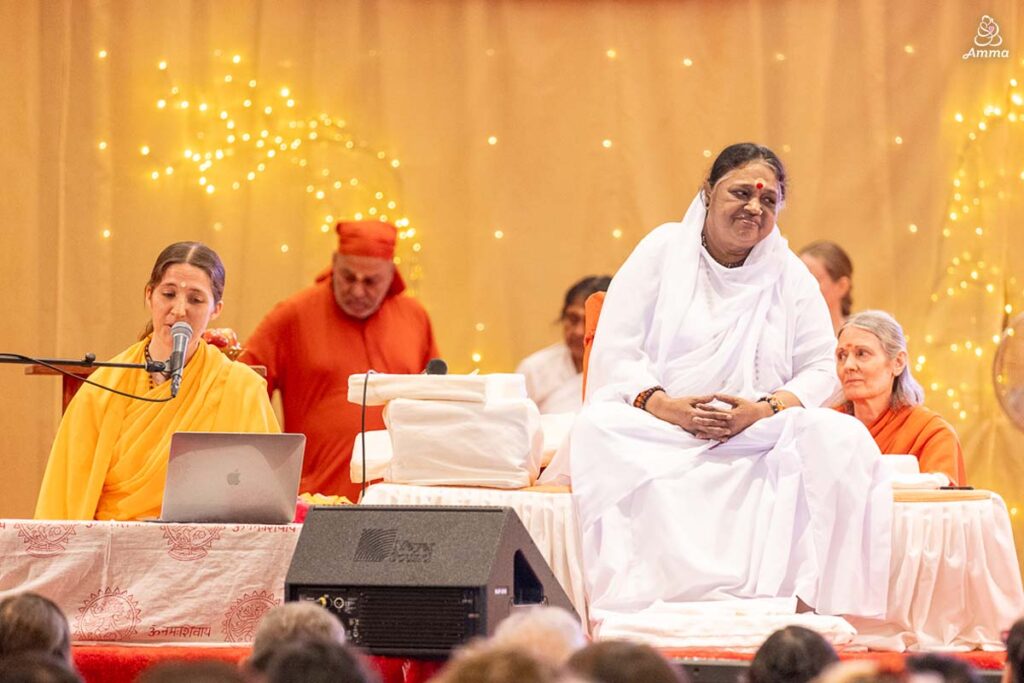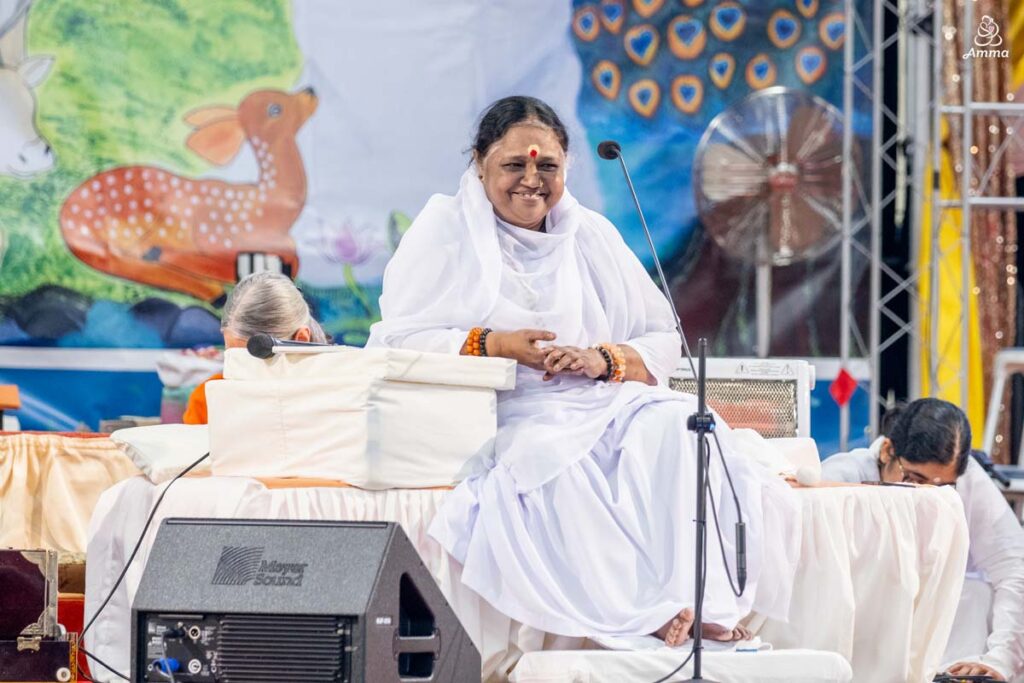Representatives from the United Nations Development Program (UNDP) in India visited five of 21 villages where we are actively working to empower women through projects that unify them as a collective. The UNDP is the United Nations’ global development network.
The project that was the subject of the tour is called Women Empowerment: Community Sanitation through Democratic Participation (WE:CSDP) and is jointly funded by the United Nations Democracy Fund (UNDEF) and Mata Amritanandamayi Math.
WE:CSDP is a two year, pan-India initiative in line with the Government of India’s commitment to improving sanitation and rural development, as well as the United Nation’s Sustainable Development Goals (SDGs).
It aims to address the issues of inadequate community sanitation, women’s health, and water management in rural India through improving democratic representation of women in community leadership and local governance.
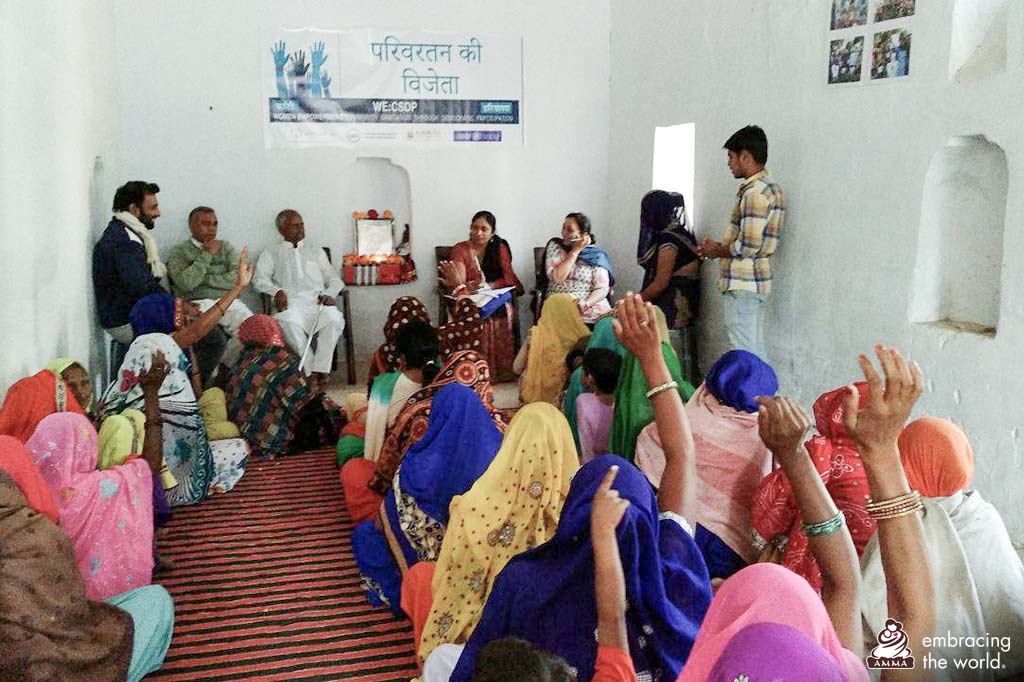
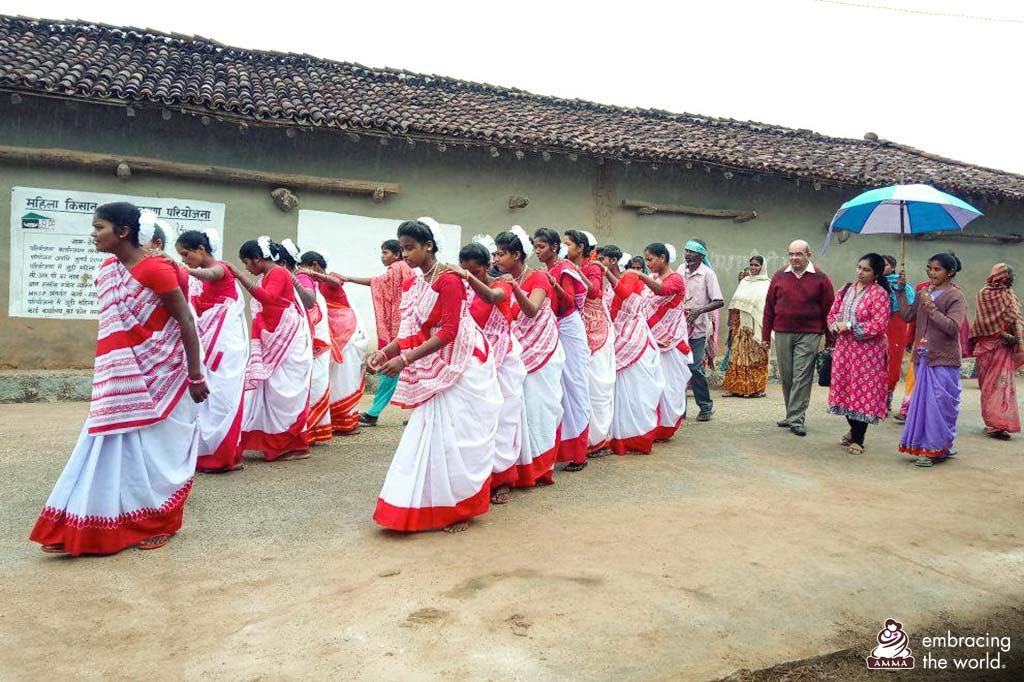
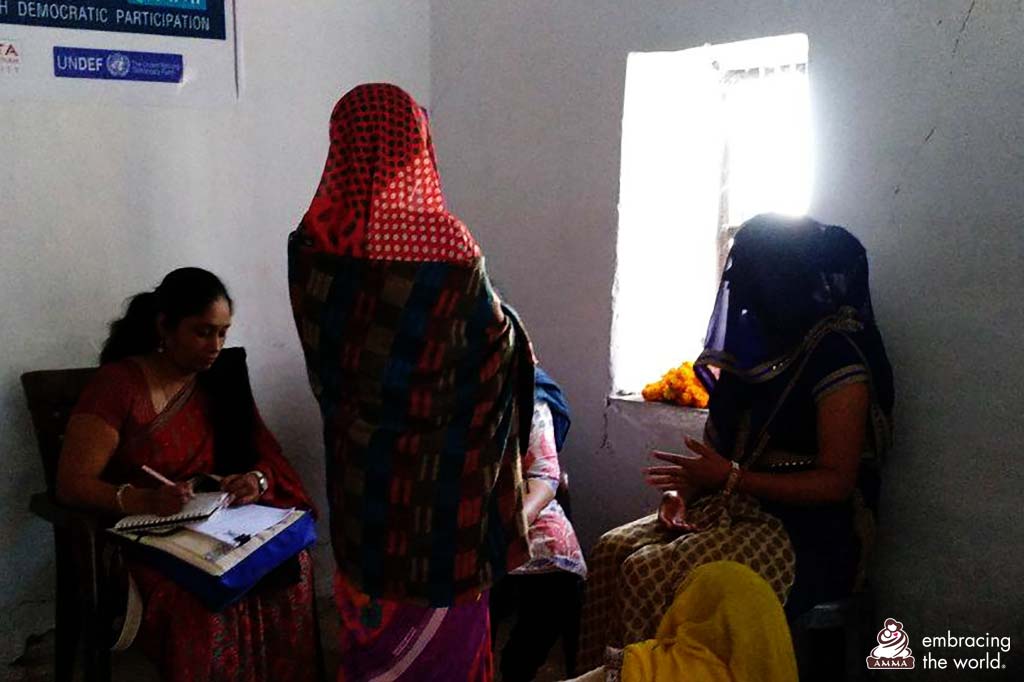
The project targets one village in 21 states in India and aims to empower at least 5,000 women in rural Indian communities so that they can champion sanitation and community development. The goal is to eventually reach their entire village, about 30,000 indirect beneficiaries in each location.
The villages visited by the UNDP were: Devgain, Jharkhand; Ratanpur and Hadiabad, Bihar; Guptapada, Odisha; and Kanti, Haryana. These are villages where AMMACHI Labs, Amrita SeRVe and other MA Math activities are ongoing.
The UNDP representatives were enthusiastic about the progress of the project and the strength and accomplishments of the women. The women have been trained in toilet building so that they can provide sanitation to their villages, educate their communities about the deadly diseases open defecation can cause, and receive an income-earning skillset in construction.
The women have also started forming self help groups (SHGs) so they can support each other’s income via microloans for small business projects. Other aspects include forming support groups for domestic violence as well as other legal rights the women have.
The UN team spent considerable time speaking with Community Organizers, project participants, and other members of the community to understand what their experience has been. They toured the villages and made notes of all the improvements and development efforts accomplished. Overall feedback was extremely positive especially in the empowerment demonstrated by the women.
The UN team encouraged us to continue efforts and was impressed by the dedication of staff in the field.


